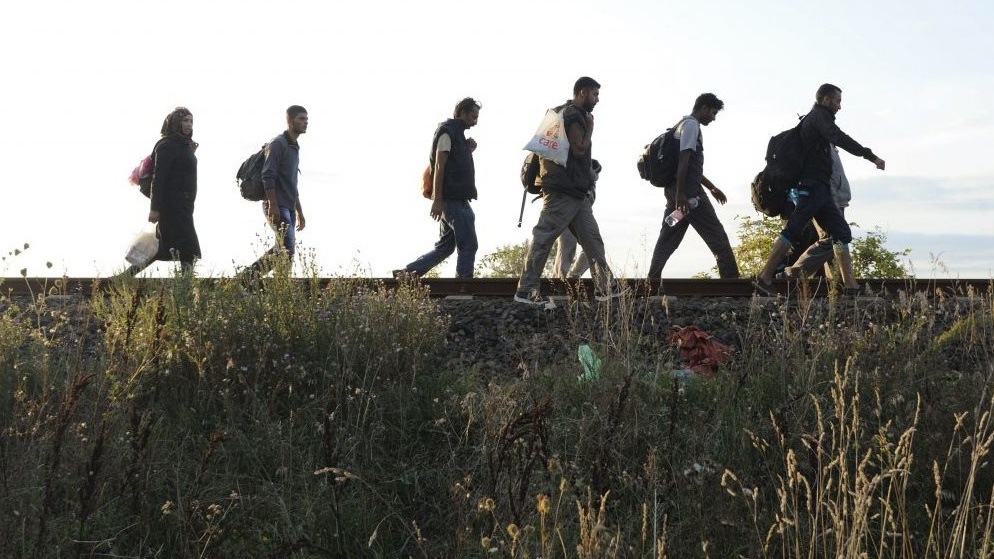Governments across Europe are trying to tighten their migration policies, as more and more people try to enter the territory of the European Union every year. To Magyar Nemzet, Viktor Marsai, director of the Migration Research Institute and lecturer at the National Public Service University, spoke about the fact that as long as there are no physical border barriers, this is practically an invitation letter to all the nations of the world. The expert pointed out that until Brussels changes its position, illegal immigration will continue.
"It's no coincidence that everyone is trying to get into the European Union. In the midst of the current regulations, there is roughly an 80-90 percent chance that if someone manages to cross the borders once, they will never return home," explained Viktor Marsai, director of the Migration Research Institute and lecturer at the National University of Public Service, when contacted by newspapers.
The expert explained that more and more EU countries are speaking out in order to strengthen European border protection: at the EU summit in early February, one of the key issues was quite serious debates, so that Brussels would finally be willing to pay from common resources, for example, the construction of physical border locks, which, by the way, the Hungarian government has already has been advocating for years.
According to Viktor Marsai, Germany's position on the issue is the most emphatic, along with the Benelux countries, which are strongly against physical border closures. "Brussels will change its position if Berlin changes its position. German Chancellor Olaf Scholz said at the meeting in early February that Europe cannot be turned into a fortress, and as a result, the construction of border fences will not be financed from EU funds," he added.
However, European governments are finding it increasingly difficult to deal with the masses of illegal migrants arriving in Europe. Since 2016, the European Border and Coast Guard Agency (Frontex) registered the most illegal border crossings last year.
According to its data, the growth was greatest on the Western Balkan and Eastern Mediterranean routes: the former was chosen by more than 146,000 people, which represents a 136 percent increase compared to 2021. Nearly 43,000 people arrived on the continent from Turkey, which is 108 percent more than the previous year.
At the same time, the director of the Migration Research Institute emphasized that European governments are already starting to move away from the very open and pro-inclusion narrative, since this is practically an invitation letter for third-country nationals. Last year, the number of asylum seekers also broke records, approaching one million, but their repatriation is far from easy: the EU cannot force third countries to accept their citizens back, and it cannot force its own citizens to transport these people home either.
It happens in countless cases that pilots say they are not willing to take the plane to a certain third country, for example, because they think that it is not in their conscience and what will happen to poor people if they are taken home, the expert explained.
Source: Hungarian Nation
Featured image: MTI












